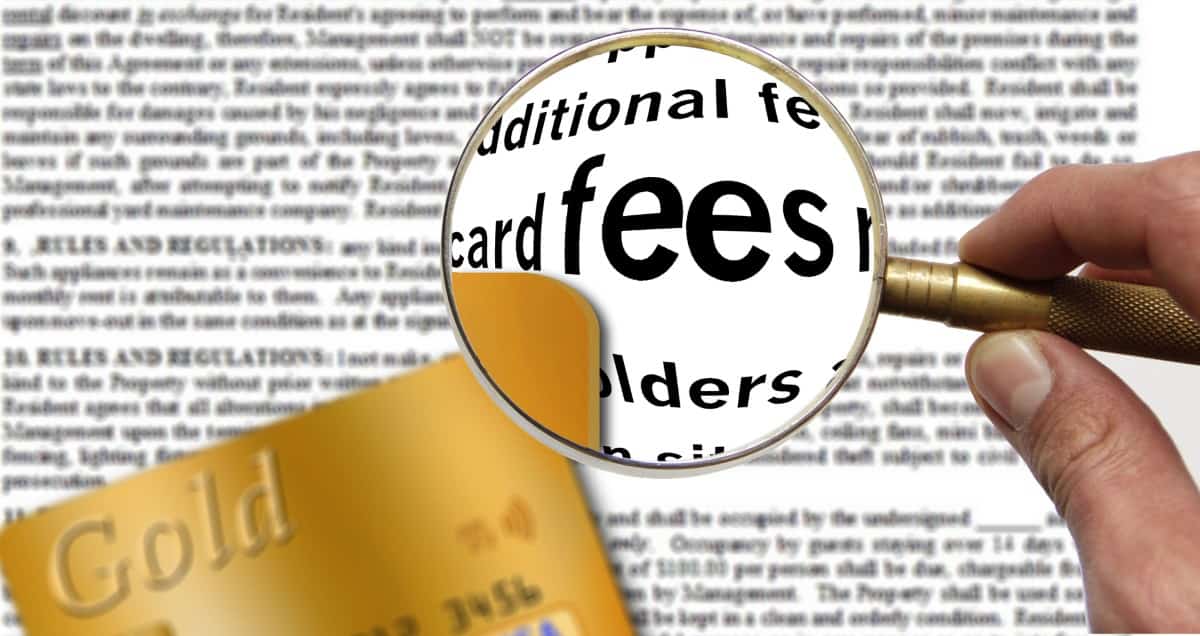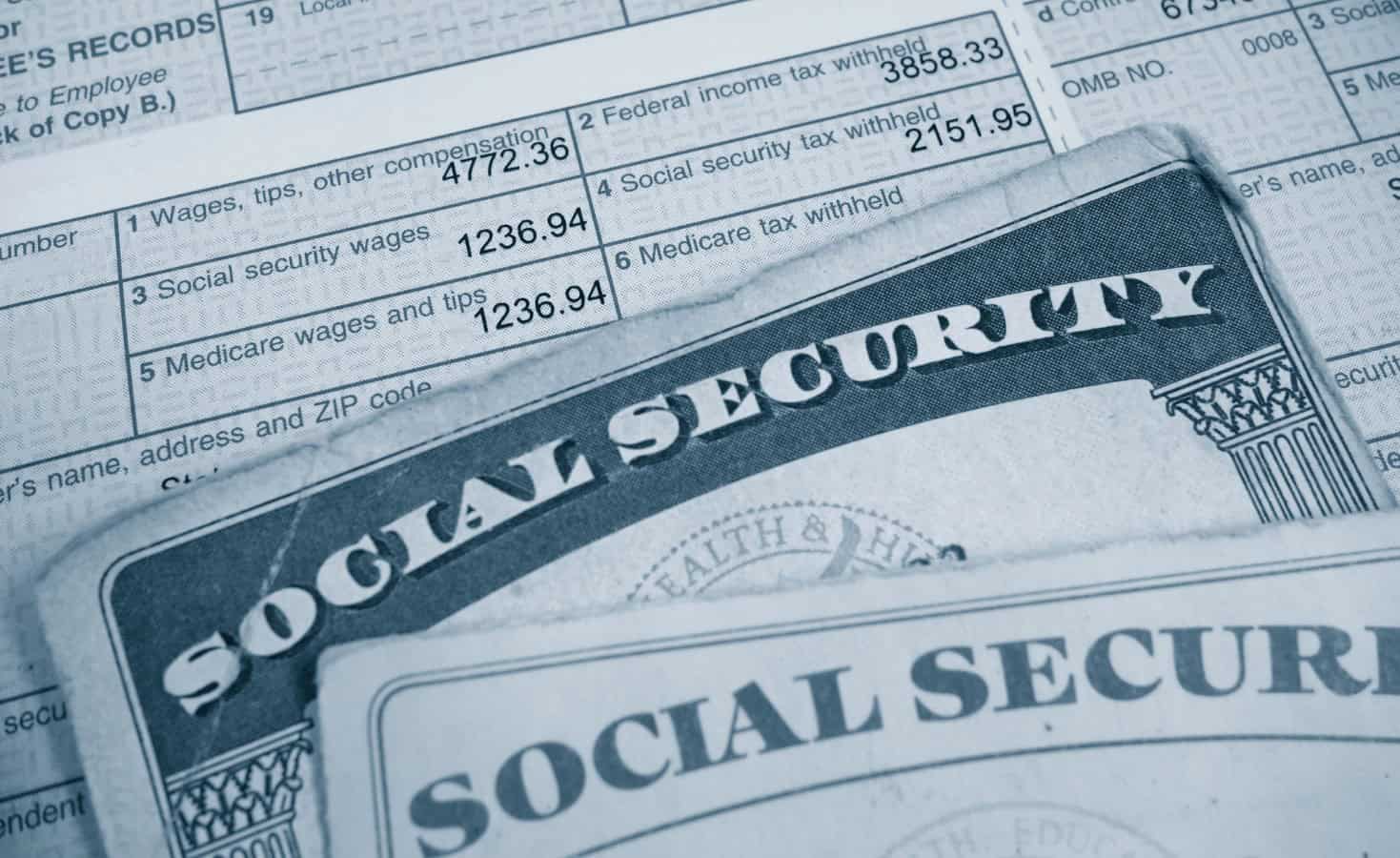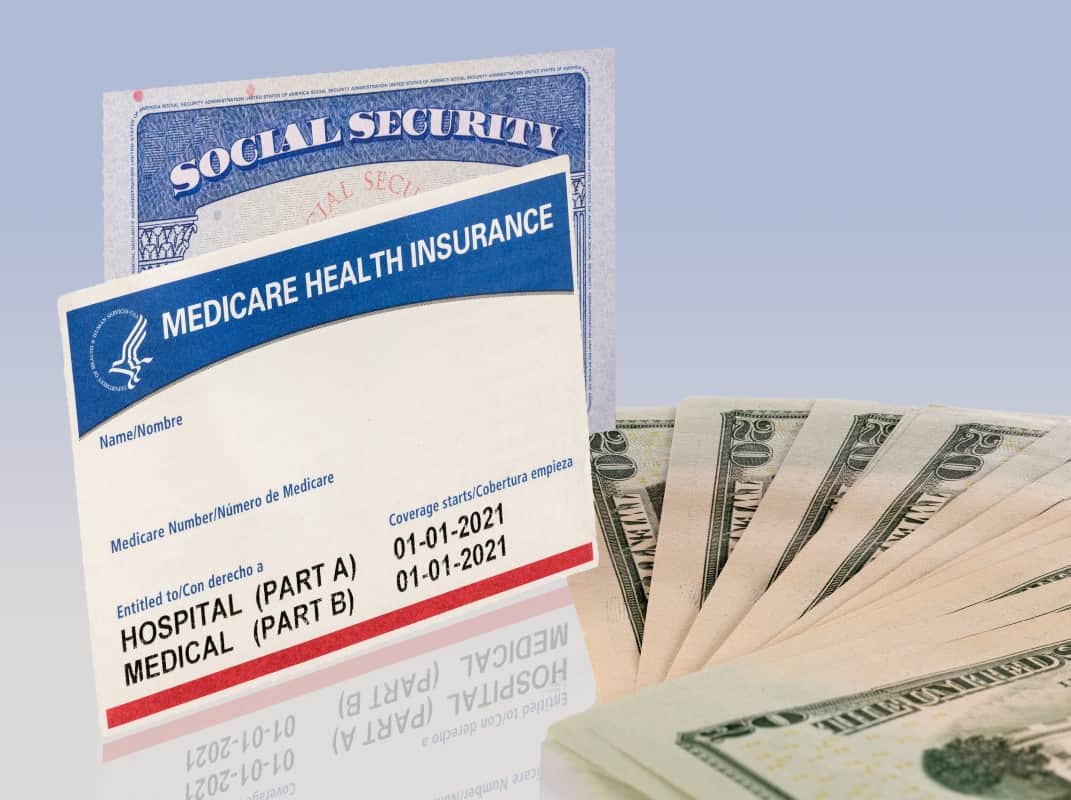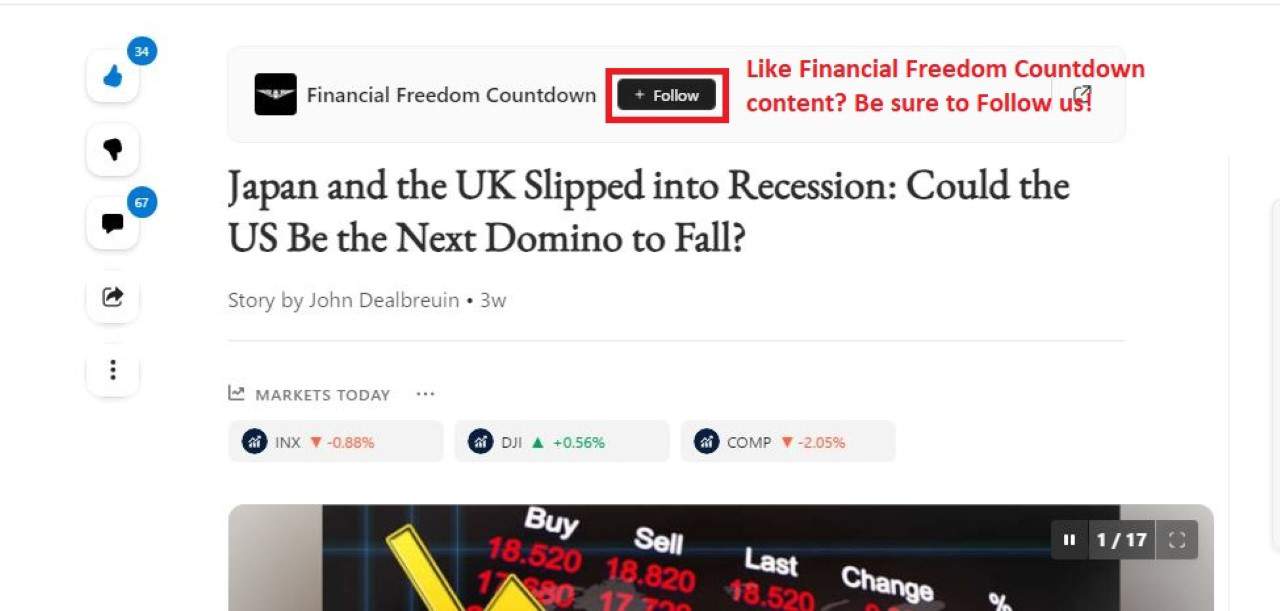Federal Judge Tosses Biden’s Credit Card Late Fee Rule, Just As Borrowers Fall Behind – Financial Freedom Countdown
A federal judge in Texas has struck down a Biden-era rule that would have capped credit card late fees at $8, siding with major business and banking interests in a high-stakes legal battle.
Judge Mark T. Pittman granted the industry groups’ motion to block the regulation, casting doubt on the Consumer Financial Protection Bureau’s authority to enforce the cap.
The lawsuit spearheaded by the U.S. Chamber of Commerce argued the CFPB had overstepped its legal bounds, and the court agreed.
New Rule to Slash Credit Card Late Fees

On Tuesday, March 5th 2024, federal regulators implemented a new rule setting a maximum limit of $8 for most credit card late fees, marking a significant step in the Biden administration’s campaign to abolish unnecessary charges.
The Consumer Financial Protection Bureau (CFPB) projected that the newly enacted regulation, initially suggested in February 2023, would result in annual savings exceeding $10 billion for families by reducing the typical fee from $32.
This regulation targets major credit card issuers, specifically those managing over 1 million accounts. According to the CFPB, these entities account for over 95% of the total credit card debt outstanding.
The Biden administration had projected the regulation would amount to an average savings of roughly $220 per year for the 45 million people charged late fees.
Judge Ruled After Both Sides Agreed

Pittman, said the rule, which was finalized by the CFPB last year during the Biden administration, violated the Credit Card Accountability and Disclosure Act of 2009 because it failed to allow card issuers to “charge penalty fees reasonable and proportional to violations.”
The ABA said in a statement Tuesday that if the rule went into effect, it would have “resulted in more late payments, lower credit scores, higher interest rates and reduced credit access for those who need it most.”
Reactions to Scrapped Regulation

The six organizations that sued the Consumer Financial Protection Bureau (CFPB) last year over its proposed rule — including the American Bankers Association, U.S. Chamber of Commerce, Fort Worth Chamber of Commerce, Longview Chamber of Commerce, Consumer Bankers Association, and Texas Association of Business — praised Judge Pittman’s ruling on Tuesday, calling it a victory for both consumers and “common sense.”
In a joint statement, the groups argued that allowing the CFPB’s rule to take effect would have led to an increase in late payments, lower credit scores, higher interest rates, and restricted access to credit for those most in need.
They also warned it would unfairly penalize millions of Americans who pay their credit card bills on time and weaken key incentives for responsible financial behavior.
Surging Household Debt

The proposed rules for elimination of junk fees comes against the backdrop of surging household debt. Due to to rising inflation, Americans have been forced to go deeper into debt.
Total household debt rose by by $93 billion to $18.04 trillion in the fourth quarter of 2024, according to the Federal Reserve Bank of New York.
Credit card balances increased by $45 billion from the previous quarter and reached $1.21 trillion at the end of December 2024
Delinquency Rates Soar Sparking Concern

Credit card balances, mortgage loans, and auto loans are at record-high levels as delinquency rates for most debt types continue to climb, causing concern about the U.S. consumer-driven economy among economists.
Aggregate delinquency rates increased slightly from the previous quarter, with 3.6% of outstanding debt in some stage of delinquency.
Delinquency transition rates for credit cards had an uptick in transitions from current to delinquent.
Auto Loan Delinquencies Accelerating

Auto loans delinquencies are also increasing.
Auto loan balances have grown steadily since 2011, expanding by $48 billion in 2024.
This increase reflects a steady inflow of newly originated auto loan balances, which in 2024 were boosted primarily by originations to very prime borrowers (those with credit scores over 760) while originations to borrowers with midprime and subprime scores held roughly steady
Housing Debt on the Rise

Mortgage balances increased by $11 billion and currently stand at $12.61 trillion.
Americans under financial stress have resorted to using their home equity lines of credit (HELOC). HELOC balances rose by $9 billion to $396 billion, representing the eleventh consecutive quarterly increase since Q1 2022
Americans Under Increased Financial Stress

Transition into serious delinquency, defined as 90 or more days past due, edged up for auto loans, credit cards, and HELOC balances.
Americans are experiencing rising prices in various areas, including purchases made with credit cards. It is plausible that the escalating prices and resulting debt service payments negatively impact borrowers’ financial positions and make it more challenging to meet their financial obligations.
Although the CFPB rules on credit card late fees could provide welcome relief, it’s essential to acknowledge that these measures address the symptoms rather than the root causes of the mounting debt crisis.
As Americans grapple with heightened financial stress amid rising living costs, a comprehensive approach is imperative to tackle not just the symptoms but the systemic issues at the heart of the current financial predicament.
Like Financial Freedom Countdown content? Be sure to follow us!
Trump Tax Cuts Expiring Soon: Action Steps You Need to Take Now

Several key elements of the Tax Cuts and Jobs Act (TCJA) are scheduled to lapse by 2025. This pivotal tax reform, implemented during President Trump’s tenure, brought substantial changes to the U.S. tax structure. With the expiration drawing near, it’s crucial for individuals to take proactive steps in their tax planning.
Trump Tax Cuts Expiring Soon: Action Steps You Need to Take Now

While singles may have fewer Social Security filing options than married couples, smart planning around when to claim benefits can pay off for anyone, including those flying solo.
Maximize Your Benefits: Essential Social Security Strategies for Singles
The 9 States Taxing Social Security in 2024 and the 3 That Just Stopped

While many bask in the belief that their golden years will be tax-friendly, residents in specific states are facing a reality check as their Social Security benefits come under the taxman’s purview. Conversely, a wave of relief is set to wash over three states, marking an end to their era of taxing these benefits.
This shift paints a complex portrait of retirement planning across the U.S., underscoring the importance of staying informed of the ever changing tax laws. Are you residing in one of these states? It’s time to uncover the impact of these tax changes on your retirement strategy and possibly reconsider your locale choice for those serene post-work years. Here are the 9 states taxing social security benefits.
The States Taxing Social Security in 2024 and the 3 That Just Stopped

Did you find this article helpful? We’d love to hear your thoughts! Leave a comment with the box on the left-hand side of the screen and share your thoughts.
Also, do you want to stay up-to-date on our latest content?
1. Follow us by clicking the [+ Follow] button above,
2. Give the article a Thumbs Up on the top-left side of the screen.
3. And lastly, if you think this information would benefit your friends and family, don’t hesitate to share it with them!

John Dealbreuin came from a third world country to the US with only $1,000 not knowing anyone; guided by an immigrant dream. In 12 years, he achieved his retirement number.
He started Financial Freedom Countdown to help everyone think differently about their financial challenges and live their best lives. John resides in the San Francisco Bay Area enjoying nature trails and weight training.
Here are his recommended tools
Personal Capital: This is a free tool John uses to track his net worth on a regular basis and as a retirement planner. It also alerts him wrt hidden fees and has a budget tracker included.
Platforms like Yieldstreet provide investment options in art, legal, real estate, structured notes, venture capital, etc. They also have fixed-income portfolios spread across multiple asset classes with a single investment with low minimums of $10,000.